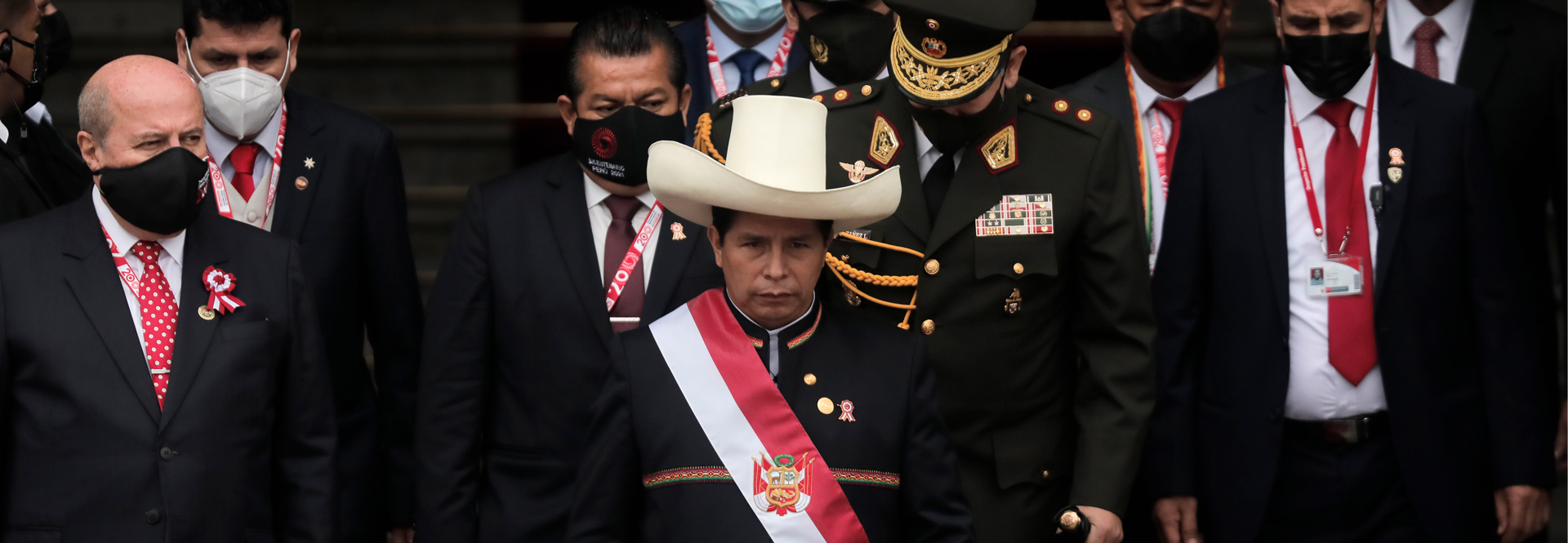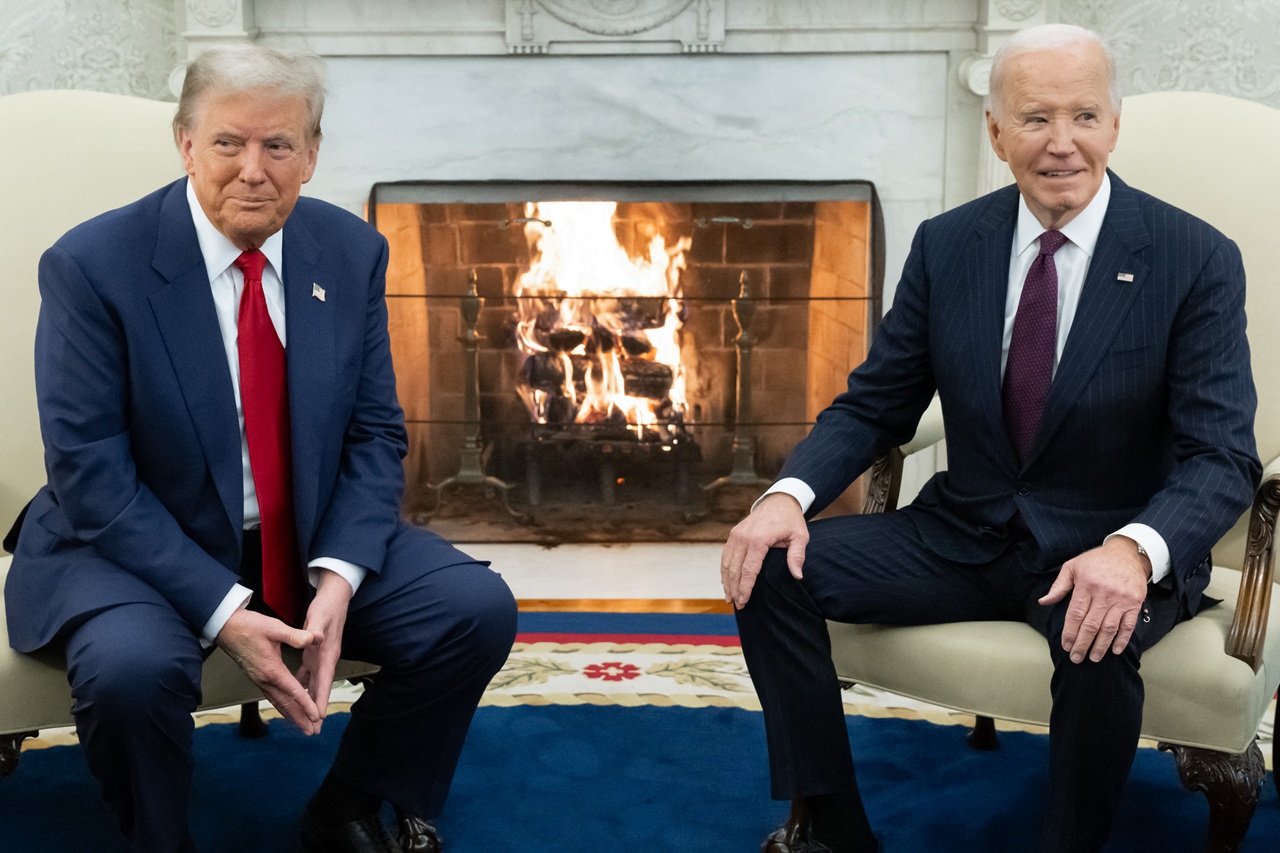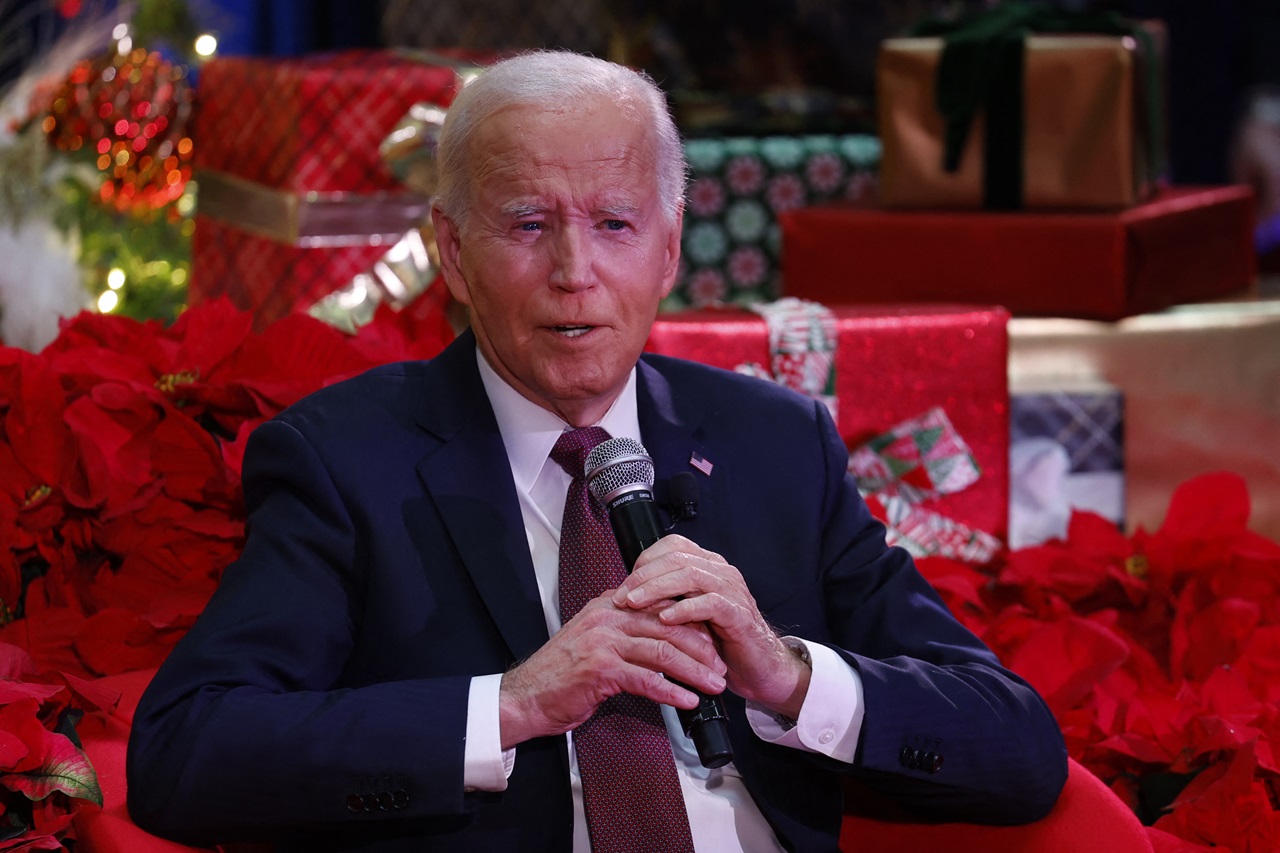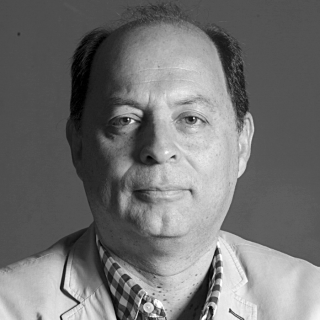
In Perú, it’s ‘teacher’ Castillo's turn
The new government faces the same challenges as any other in the region, with a full-blown crisis due to the pandemic, the despair of the middle class and poor…
The diagnosis for other countries is very similar to that of Peru under new, progressive President Pedro Castillo, 51, who assumes the presidency amid political instability, unlimited corruption, economic fragility expressed in a dependence on mining, a path to development with shocks, a high rate of informality in employment, the misgivings of citizens with the political class and social inequality.
What is particular is where it comes from, what it represents, and what it means for those who have had power in Peru. Castillo is an obstacle for sectors that have had privilege because he is not one of their own and, as some analysts have said, "he is clean" in his political actions and has nothing related to corruption that stains his CV.
Castillo's great weakness is in Congress, where he has the minority of legislators: just 37 of the 130, forced to seek alliances with other sectors to tip the balance. His stability will depend on that.
Unlike other presidential elections, the winner this time around was someone far from power. As Castillo put it in his inauguration speech this on July 28, "it is the first time that the country will be governed by a peasant."
He made it true during several moments of the ceremony: Castillo did not walk on the red carpet, he dressed radically different from what had been seen in past inauguration ceremonies and also announced he will not govern from the Government Palace.
At first glance it may seem small-time, but it has great symbolism and means a lot for what it represents. It is getting out of the mold to set a precedent and tell the world it will not do the same as others. That also extended to having no problem questioning what the Spanish conquest and colonization represented in front of King Felipe VI, one of the guests of the procession. There, he explained why he will not rule from the House of Pizarro, a name given by the Spanish colonizer Francisco Pizarro, founder of Lima.
Castillo, elected on behalf of Peru Libre, on a Marxist line, said: "We must break with colonial symbols. We will cede this palace to the Ministry of Cultures to be used as a museum."
"The three centuries in which this territory belonged to the Spanish crown allowed it to exploit the minerals that sustained the development of Europe, largely with the labor of the grandparents of many of us," he later added.
That is the tone and representation of what will be as president, also limited by not having majorities in Congress. There's also a fragility when it comes to having to count on political support to promote changes that are close to the beginning of lasting solutions for the most suffocating problems in the country.
RELATED CONTENT
In this way, one of his central issues is the reform of the Constitution. The current one was drafted during the government of Alberto Fujimori. It is difficult to achieve this due to the lack of mechanisms to convene a Constituent Assembly, making it a big challenge for Castillo.
The other challenge is to face pressure from the right and sectors that fear decisions that affect private property and measures that allow more control of the State. Why those fears? Castillo ran as a candidate for Peru Libre, a party on the Marxist-Leninist side of politics, and his opponents assure that there will come times of damage to private property and the expropriation of people's savings.
In his speech on July 28, the new President of the Republic talked on the issue.
“We won't do any of that. We want the economy to maintain order and predictability, which are the basis of investment. The property of people obtained with effort is guaranteed by the law,” he assured.
Furthermore, contrary to his critics, he pointed out that “we do not even remotely intend to nationalize the economy or to make a policy of exchange control.” However, he was clear in the sense of the intention to make changes to the economic model.
"Is it true that these changes imply putting the achievements of the last decades at risk? No. Yes, it is possible to carry out these changes with responsibility and respecting private property, but putting the interests of the nation first," he said.
It is not easy because the hopes of millions of Peruvians are pinned on it for a country with better living conditions. He will also have his eyes on the international community.











LEAVE A COMMENT:
Join the discussion! Leave a comment.